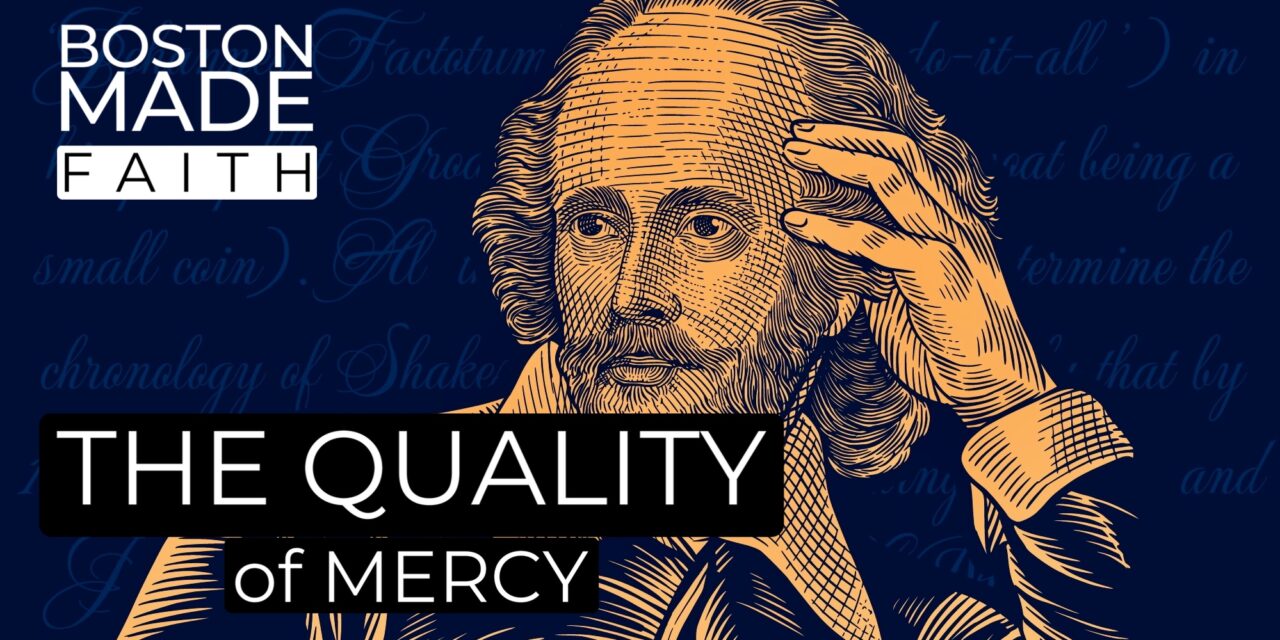The Divine Essence of Mercy: A Call to Compassion in Our Fleeting World
In the tapestry of spiritual life, woven with threads of diverse beliefs, cultures, and traditions, the notion of mercy shines as a universal beacon of hope, healing, and humanity. It is a divine quality that transcends religious boundaries, illuminating the path to genuine understanding, compassion, and love amongst all beings. As we navigate the complexities of our existence, marked by fleeting moments and transient joys, the spiritual imperative to exercise mercy towards one another becomes not only an ethical duty but a heartfelt calling.
The Spiritual Imperative of Mercy
In many religious traditions, mercy is valorized as one of the most exalted attributes of the Divine. It is the gentle rain that soothes parched souls, the warm embrace that heals broken hearts, and the forgiving hand that lifts the fallen. Mercy is seen as the very essence of God’s interaction with the world, an unconditional love that is boundless, unfathomable, and all-encompassing.
But beyond the theological contemplations, mercy manifests as a practical guide for living. It calls upon us to treat others with compassion, understanding, and forgiveness, recognizing our shared vulnerabilities, aspirations, and fears. To show mercy is to see beyond our own needs and desires, to acknowledge the innate worth of every individual, and to act with kindness and compassion even in the face of indifference or hostility.
The Transformative Power of Mercy
The practice of mercy has the power to transform not only individual lives but the very fabric of society. In a world rife with conflict, injustice, and suffering, merciful actions create ripples of hope, engendering a culture of empathy, respect, and mutual support. By choosing to respond to hostility with forgiveness, to ignorance with understanding, and to suffering with compassion, we not only alleviate the burdens of others but also pave the way for healing and reconciliation.
Mercy teaches us that every act of kindness, no matter how small, carries within it the potential to make a profound difference. It compels us to look beyond the superficial divisions and prejudices that separate us, to recognize the common humanity that binds us together, and to embrace the responsibility we have towards each other.
Living Mercifully in a Transient World
Our time on this earth is but a brief moment in the grand expanse of eternity. It is a journey marked by trials and triumphs, joy and sorrow, connections made and lost. In this transient world, where the future is uncertain and the past irretrievable, the call to live mercifully echoes with particular urgency.
To live mercifully is to cultivate a heart that is open and receptive, a heart that finds joy in the happiness of others and sorrow in their sufferings. It means to walk gently upon this earth, mindful of the impact of our words and actions, eager to offer comfort, support, and understanding. It invites us to forge relationships based on love, respect, and forgiveness, to build communities where everyone is valued and dignified.
The Enduring Legacy of Mercy
As we ponder the fleeting nature of our existence, let us hold fast to the enduring legacy of mercy. In doing so, we affirm the intrinsic worth of every soul, contribute to the healing of our world, and reflect the boundless love at the heart of the Divine. Let us remember that in the grand scheme of life, what will be remembered and cherished are not our achievements, possessions, or accolades, but the love, kindness, and mercy we shared with others.
In the final analysis, mercy is not a sign of weakness but of strength; not a duty, but a privilege. It is the very essence of what it means to be human, to connect with each other on the deepest level, to heal and be healed. As we journey through life, let the quality of mercy be our guiding star, reminding us that in a world fraught





